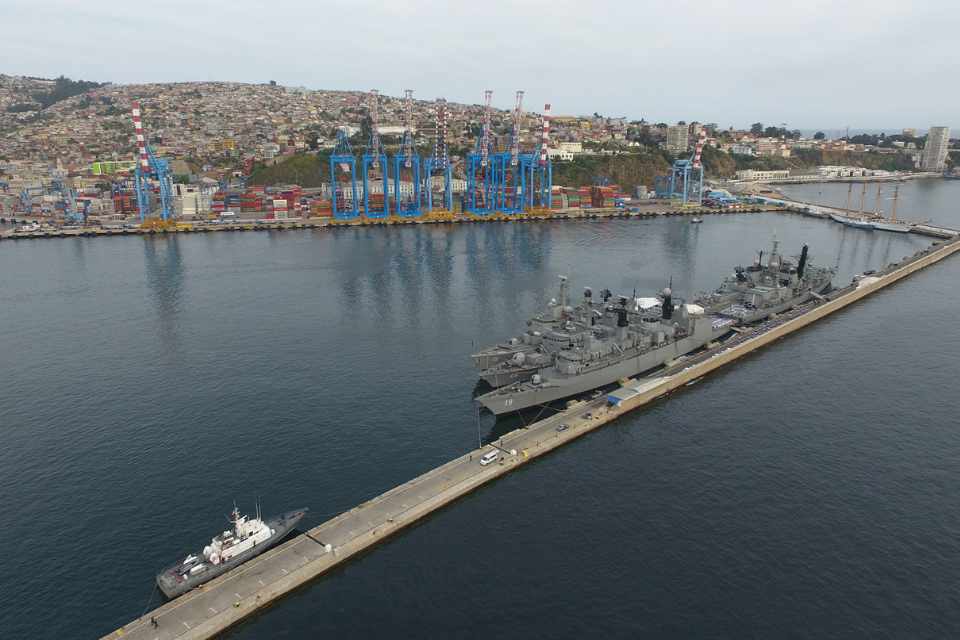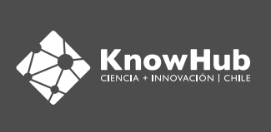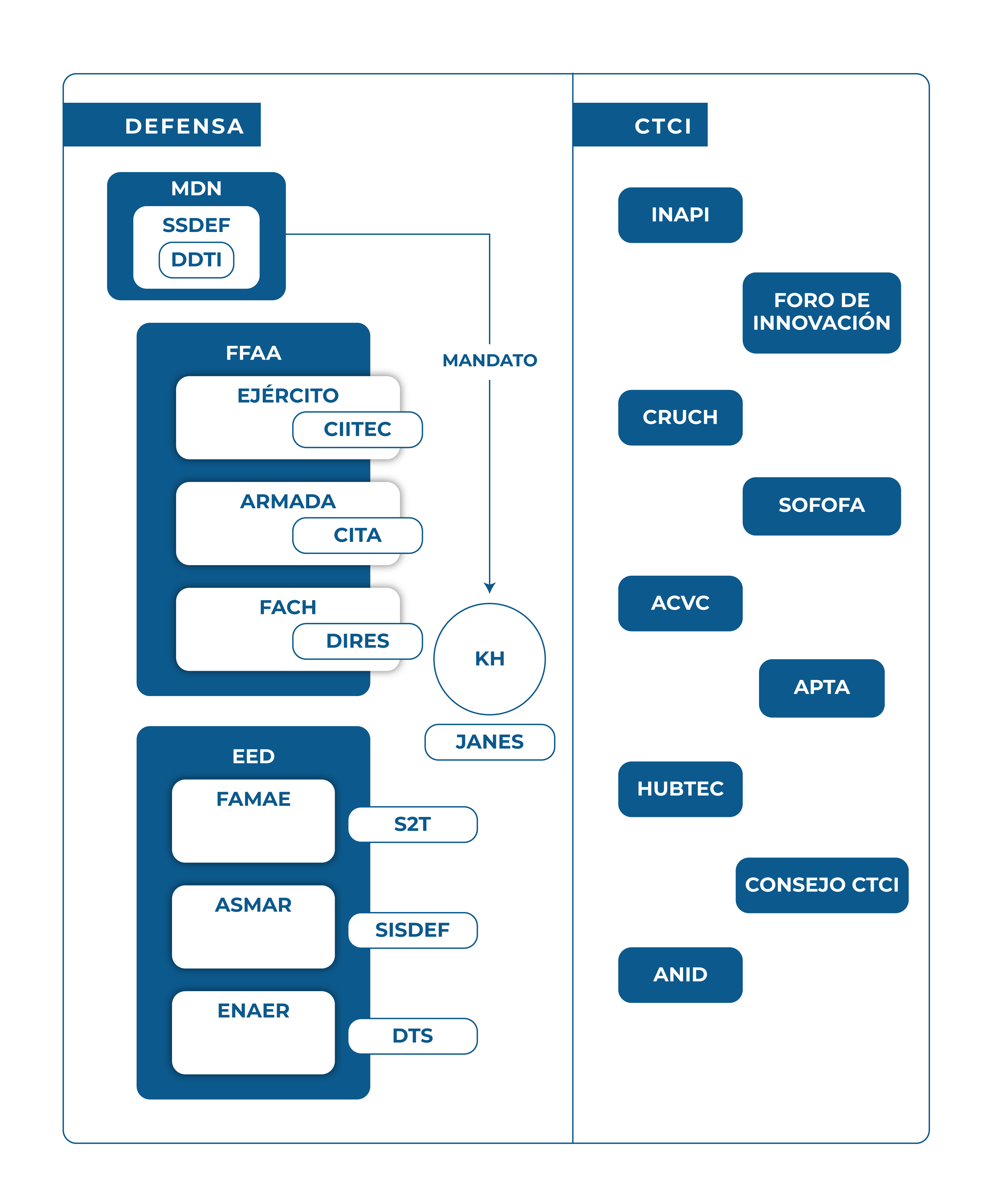Teams from the Pontificia Universidad Católica de Chile, the Universidad de Santiago de Chile, and the Universidad de Concepción are currently in the third stage of the program, which involves applying for funding. Subsequently, once the funds are awarded and the project is approved, the project will be implemented as planned and agreed upon in the application.
PROA I+D is the program developed by the Chilean Navy in collaboration with Know Hub Chile that seeks to connect the institution with those conducting research in the country through the development of applied research of mutual interest in which the Chilean Navy can provide unique spaces for testing, piloting, and validation. It already has four finalist teams.
The research projects selected were: “Navy Fuel Cells:“Study of the Performance of a PEM Fuel Cell in Marine Environments for Electric Power Supply of Ships and Submarines of the Chilean Navy,” by the Universidad de Santiago de Chile, led by Isaac Díaz; “Hydrophones for Ship Detection (Hydrophore),” by the Pontificia Universidad Católica de Chile, led by Federico Fuentes; “New Technology for Systems Oxygenation,” by the Pontificia Universidad Católica de Chile, led by Flavia Zacconi; and “Development of an In-Lab Evaluation System to Determine the Performance of Systems Exposed to Marine Fouling,” by the Universidad de Concepción, led by Felipe Montoya.
Finalists will receive support for R&D (Research and Development) activities and support in obtaining public funding.
Stages of the Program
PROA I+D consists of four stages. The first stage comprises the identification and selection of research proposals of institutional interest or potential development in this area. In this first stage, 10 teams were selected.
The second stage involves customer discovery and the support of institutional spaces, in which the relevance of the problem or challenge to be addressed was validated, and the spaces necessary to carry out the proposed research and applied development were identified and explored.
The third stage of application for funding is currently being carried out by the teams, which are working together with the Navy and Know Hub to define the application model for the available competitive funds. Finally, in the fourth stage of implementation of the R&D project, if a project is awarded, it will be implemented as agreed in the application.
Jovanka Trebotich, Innovation Coordinator at Know Hub Chile, highlights the diversity of research and the high level of the teams that participated in the PROA I+D program, “which shows that national researchers are interested in instances such as PROA I+D, and that the Navy is part of the R&D&I ecosystem.”
Cristian Faúndez, Lieutenant Commander in charge of the PROA I+D program, affirms that this initiative has allowed the Chilean Navy to learn about various projects led by researchers from academic institutions and research centers whose proposals related to the maritime field allow them to find areas of common interest and to “collaborate in the development of lines of research through the experience and knowledge of our naval personnel, as well as providing institutional spaces for testing, trials, and validation.”
Trebotich explains that Know Hub Chile conducted a Bootcamp with the 10 selected teams where they were taught about customer discovery, which they applied in the second stage. Subsequently, follow-up sessions were held with the 10 teams.
Captain Faúndez explains that during the first two stages of Proa I+D, they accompanied the research teams, participating in activities that allowed them to get to know the institution from a different perspective. “This has allowed them to interact with Navy specialists related to their research proposals through visits, meetings, and interviews, enabling the teams to compare information to continue advancing in the development of these initiatives,” he stresses.
Currently, during this third stage, “our task is to continue supporting and accompanying them in the development of their research, working together with the researchers,” adds Captain Faúndez.
This first version of PROA I+D is a pilot project, explains Trebotich, “that is why we are waiting for the results of the applications for funding so that we can repeat this experience in future years and for other funding opportunities.” The goal is to boost research and development, fostering systematic collaboration between the Defense sector and the STKI ecosystem.
The Chilean Navy is present throughout the national territory and in various areas of work activity. Therefore, it is of great interest for the institution to address problems, opportunities, or challenges that are relevant to it and that may encompass various areas of knowledge.




